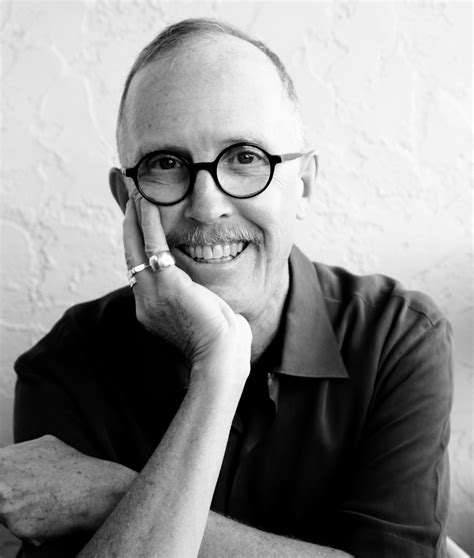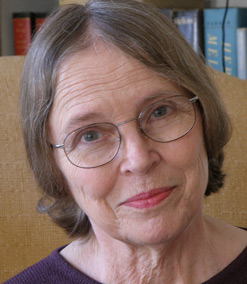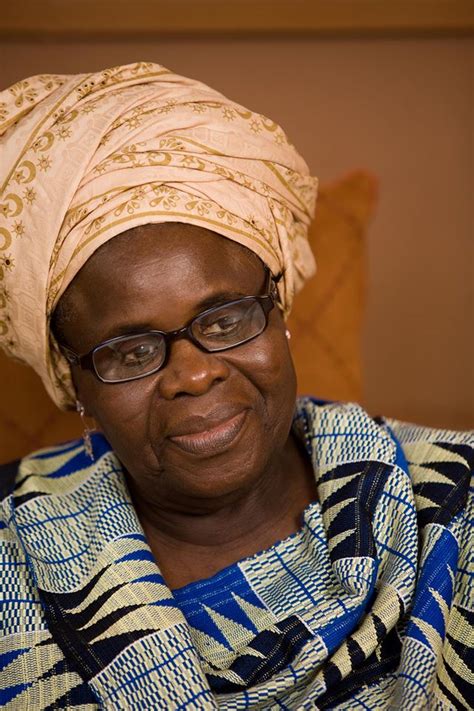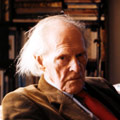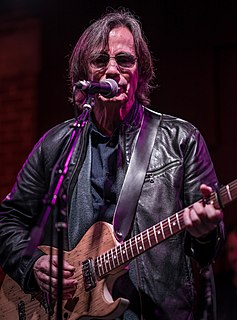A Quote by John Barton
Most victims of my autobiographical verse are either far too polite, remarkably understanding unaware that I have written poems about them.
Quote Topics
Related Quotes
When I worked on a magazine, I learned that there are many, many writers writing that can't write at all; and they keep on writing all the cliches and bromides and 1890 plots, and poems about Spring and poems about Love, and poems they think are modern because they are done in slang or staccato style, or written with all the 'i's' small.
I feel a lot of sympathy for the young women I've written about, including Younger Janice. I think that all of them (me in Girlbomb, Samantha in Have You Found Her, and Elizabeth in I, Liar) had some early family trauma that contributed to their dysfunctional methods of dealing with the world, but I wouldn't call them/myself victims - survivors, maybe, but not victims. Nor do I think of them/myself as con artists.
It's true, there aren't many explicit references to Canada in my book. And not many explicit references to the U.S., either. I try to fill my poems with enough real, observed detail that the poems create a believable world - but I don't write poems for the sake of telling my own story. My life is not important or interesting enough to warrant that kind of documentary. Instead I try to use my experience as a way of understanding situations that are common to many people. I want readers to project their own lives onto my poems.
I know that one of the things that I really did to push myself was to write more formal poems, so I could feel like I was more of a master of language than I had been before. That was challenging and gratifying in so many ways. Then with these new poems, I've gone back to free verse, because it would be easy to paint myself into a corner with form. I saw myself becoming more opaque with the formal poems than I wanted to be. It took me a long time to work back into free verse again. That was a challenge in itself. You're always having to push yourself.
